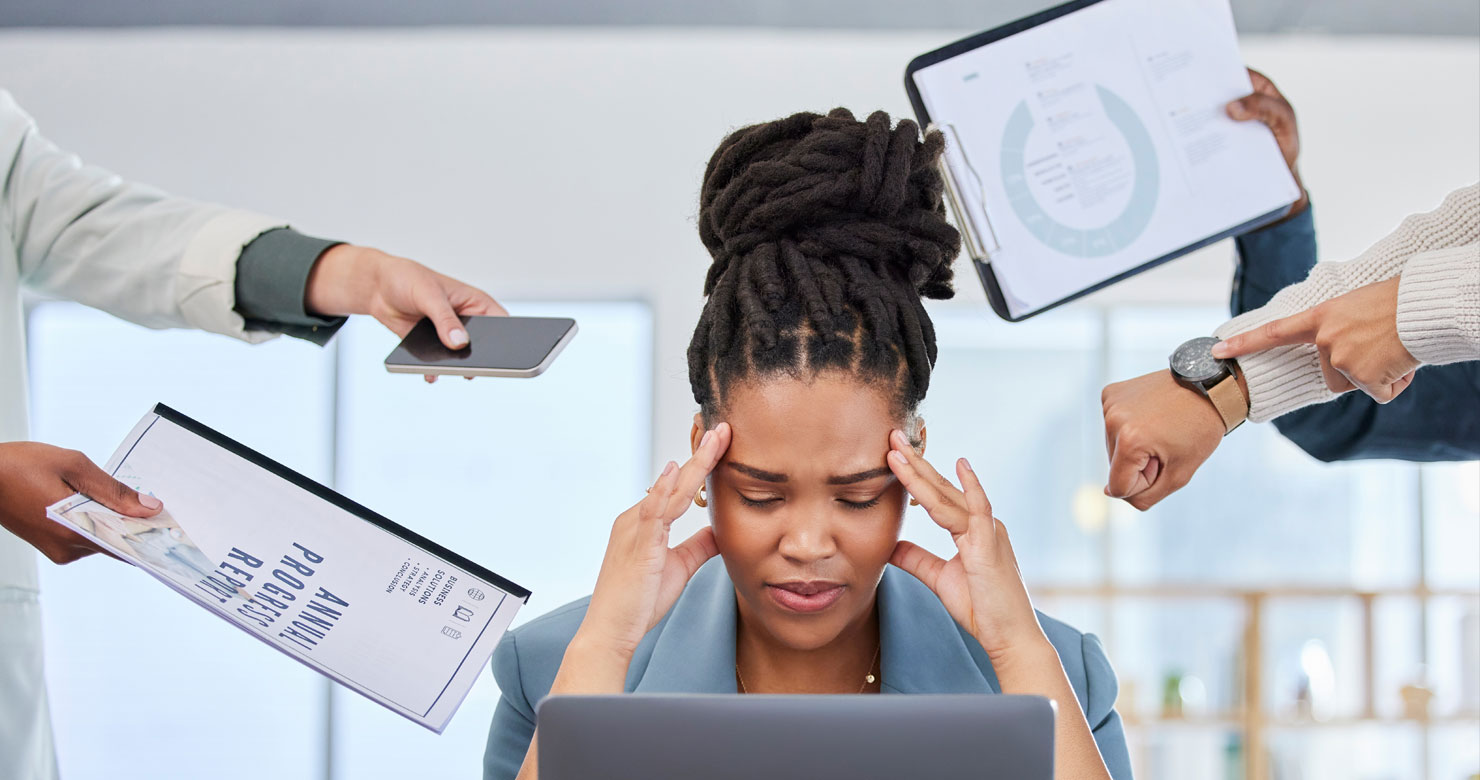It’s old stuff – How to let it go!
Traumatic Memories – Current situations and events can trigger upsetting memories, leading us to believe that the danger is here and now, rather than in the past, causing us distress right now. This is just a reminder of the past. That was then, and this is now. Even though a particular memory makes you feel upset, it’s not actually happening again right now.
How trauma affects your memory
The amygdala is primarily involved in the processing of emotions and memories associated with fear. It is part of our ‘threat system’. Its job is to keep us safe by alerting us to danger. When we perceive something threatening, the amygdala triggers a fear response by triggering the body’s alarm system: the fight or flight response it gets us ready to act. Unfortunately it isn‘t very good at discriminating between real dangers ‘out there’, or dangers that we are just thinking about: it responds in the same way. This means that it can set the fight or flight alarm of when we are only thinking about an unpleasant memory from the past, even though the danger has passed.
The hippocampus helps us to store and remember information. It is like a librarian, and it ‘tags’ our memories with information about where and when they occurred. When our ‘threat system’ is active the hippocampus doesn’t work so well. It can forget to tag the memories with
time and place information, which means they sometimes get stored in the wrong place. When we remember them, it can feel like they are happening again. This can make you feel very anxious or even panic. Here are some ideas that can help you cope with panic.
How to cope with panic:
- Remember that these feelings are nothing more than an exaggeration of the normal bodily reactions to stress
- They are not harmful or dangerous- just unpleasant. Nothing worse will happen
- Stop adding to the panic with frightening thoughts about what is happening and where it might lead
- Notice what is really happening in your body right now. Not what you fear might happen
- Wait and give the fear time to pass. Do not fight it or run away from it. Just accept it
- Notice that once you stop adding to it with frightening thoughts the fear starts to fade by itself
- Remember that the whole point of practice is to learn how to cope with fear without avoiding it. This is an opportunity to make progress
- Think about the progress you have made so far. Despite all the difficulties. Think how pleased you will be when you succeed this time
- When you begin to feel better look around you. Start to plan what to do next
- When you are ready to go on start off in an easy relaxed way. There is no need for effort or hurry
You may find the coping statements below helpful
Learn from the past
I’ve made many negative predictions before that haven’t come true.
I’ve never gone crazy, had a heart attack or died from my anxiety.
Remember panic is over breathing not under breathing – I will not die from it.
Plan acceptance
I can learn to sit back and watch my arousal and allow it to pass.
I can learn to accept that my arousal goes up and down.
I can learn to observe my sensations increase and decrease.
I can learn to accept my arousal and examine my negative thoughts for validity.
Challenge your negative thoughts
I’m having false alarms.
I’m not going crazy or losing control.
These sensations are not dangerous.
People can’t see my feelings.
I don’t need to have100% control.
Please contact us to find out more about how we can help.






